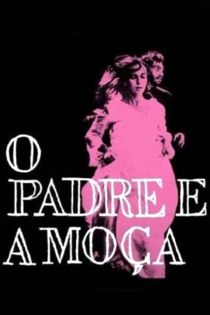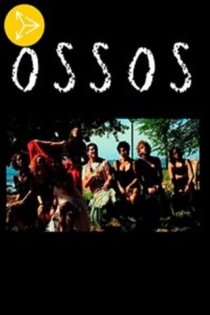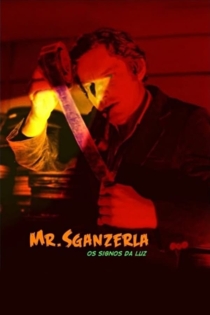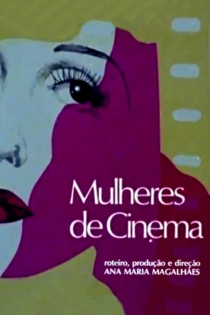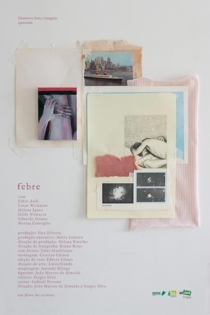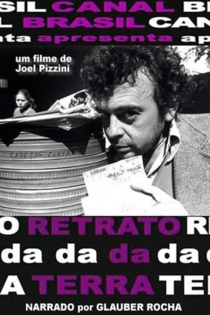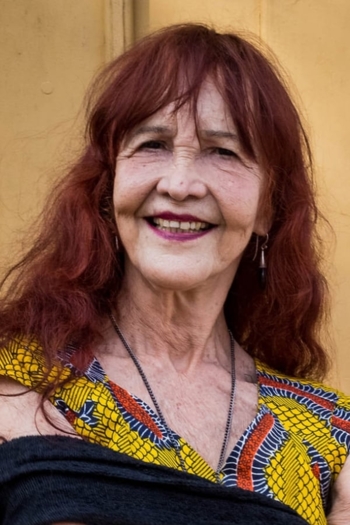
Helena Ignez
1942 (83 года)Helena was born in Salvador, Bahia and was attending her second year of law school when she fell in love with theater and decided to study the Dramatic Arts at the Federal University of Bahia. At the time, the Bahian theater scene was breaking with traditional Brazilian theater and experiencing strong influence from the young vanguard. She first appeared on the screen in Glauber Rocha's short film "Pátio".
Helena acted in a few films associated with the Cinema Novo movement, such as "A Grande Feira" (1961), "Assalto ao Trem Pagador" (1962), and "O Padre e a Moça" (1966) before playing Janete Jane in O Bandido da Luz Vermelha by Rogério Sganzerla. After this film, she would perform in some most significant films in the Cinema Marginal movement, which directly opposed the critically acclaimed Cinema Novo -- the most remarkable being her role as Ângela Carne e "Osso in A Mulher de Todos" (1969).
She also was a financial partner of Rogério Sganzerla and fellow Cinema Marginal filmmaker Júlio Bressane in the short-lived, although prolific, Belair production company. Between 1968 and 1970, Sganzerla and Ignez made almost a dozen films together and were also married and had two children -- one of which would become actress Djin Sganzerla.
As a filmmaker, Ignez has directed 7 films, the most notable being "Luz das Trevas" (2010), a sequel to Sganzerla's debut feature "O Bandido da Luz Vermelha" (1968).
Vênus – Filó a fadinha lésbica
Sávio Leite
Helena Ignez
In this animated fairy-tale Filly, a lesbian fairy with nimble fingers, seduces women by day dressed as a boy. But at night something strange happens and soon half the population of Whatsit Village are eagerly queuing up.
Venus – Filly the Lesbian Little Fairy
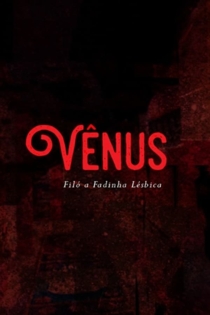
Candango: Memórias do Festival
Lino Meireles
Carlos Diegues, Milton Gonçalves
In 1965, a year after the military coup in Brazil, an oasis of freedom opened in the country's capital. The Brasília Film Festival: a landmark of cultural and political resistance. Its story is that of Brazilian cinema itself.
Candango: Memoirs from a Festival
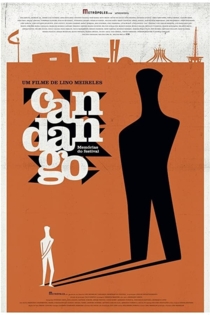
Assault on the Pay Train
Roberto Farias
Eliezer Gomes, Reginaldo Faria
Based on true events in Rio de Janeiro, in 1960, when a gang having the infamous outlaw Tião Medonho as a leader performed a sensational railroad hold-up on a train carrying a small fortune.
Assault on the Pay Train
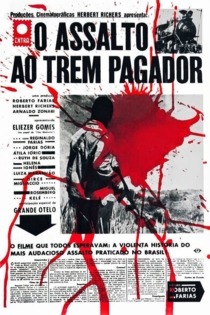
Todos os Paulos do Mundo
Gustavo Ribeiro, Rodrigo de Oliveira
Paulo José, Ana Kutner
"All Paulos in the World" is a cinematographic essay about Paulo José, one of the greatest artists in Brazil, in the year in which he turns 80 years-old.
All Paulos in the World - Paulo José
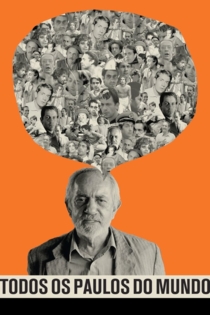
A Grande Feira
Roberto Pires
Geraldo del Rey, Helena Ignez
Made in the famous "Água de Meninos" market, the greatest popular market in Salvador, Bahia, Brazil. Salvador is revealed without prejudices, from the world of high finance up to the sordid environment of exotic cabarets.
A Grande Feira
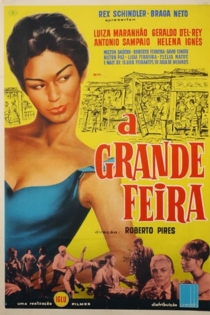
O Bom Cinema
Eugênio Puppo
Carlos Reichenbach, Rogério Sganzerla
An authentically marginal cinema created in Catholic university in Brazil. One of the most intriguing and imaginative moments in modern cinema in the voice of some of its select conspirators—with Carlos Reichenbach at the lead—, and through the most razing flow of images that can possibly be conceived.
The Good Cinema
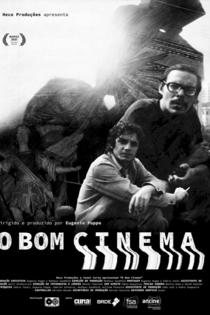
Glauber Rocha - The Movie, Brazil's Labyrinth
Silvio Tendler
Glauber Rocha, Orlando Senna
Documentary about Brazilian filmmaker Glauber Rocha, one of the most important names in the Cinema Novo, with interviews with some of his friends and colleagues.
Glauber Rocha - The Movie, Brazil's Labyrinth
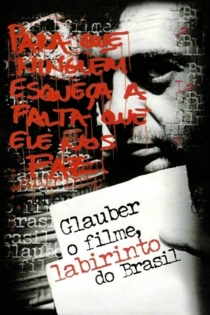
The Priest and the Girl
Joaquim Pedro de Andrade
Helena Ignez, Paulo José
In a small town in Minas Gerais, the arrival of a young priest causes a commotion in the conservative atmosphere of the place, aggravated by the sudden attraction this priest feels for a beautiful girl. This forbidden love affair soon turns into an unbridled passion.
The Priest and the Girl
